Jared holds a PhD in Ancient History and an MA in Ancient Egyptian Art and Archaeology from the University of Memphis. His work has focused on political transition in ancient Egypt's Late Period (c. 728-341 BCE), particularly how foreign rule affected Egyptian culture and how Egyptian culture affected foreign rulers. Jared has also studied, written about, and been published on Biblical history, ancient historiography, and general Near Eastern history.
Areas of Expertise

How the Ancient Egyptians Built the Red Sea Suez Canal and Connected East and West
The ancient Egyptians were able to connect the Red Sea to the Nile River for trade via what would become known as the Suez Canal.

How Did Near Eastern Cultures Influence Greek Art?
Ancient Greek art is often considered the artistic pinnacle of the ancient world, but it was profoundly influenced by Near Eastern artistic styles and techniques.

How Did the Ancient Greeks and Romans Conduct Banking?
The ancient Greeks and Romans developed some of the world’s earliest banking systems that pioneered many modern banking practices.

Top 8 Bronze Age Civilizations (in the Mediterranean and Near East)
The Bronze Age of the Mediterranean and Near East was dominated by powerful cultures that established some of the world’s first civilizations.
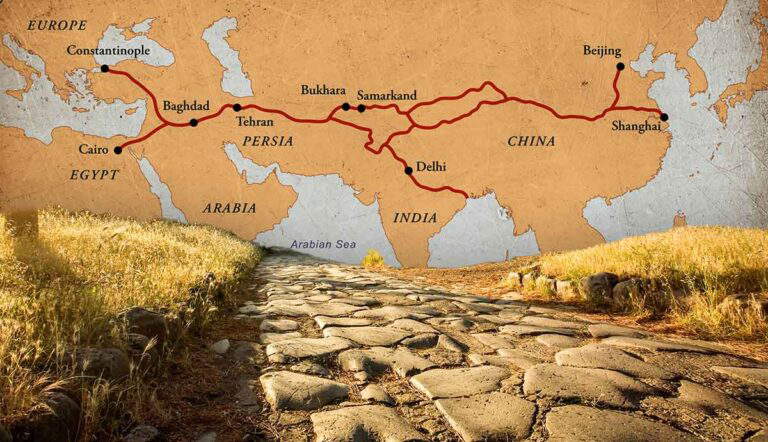
How Roads Shaped the Ancient World (From Egypt to the Silk Road)
The construction of roads was just as important in the ancient world as it is today. It enabled transportation and trade and connected Empires.
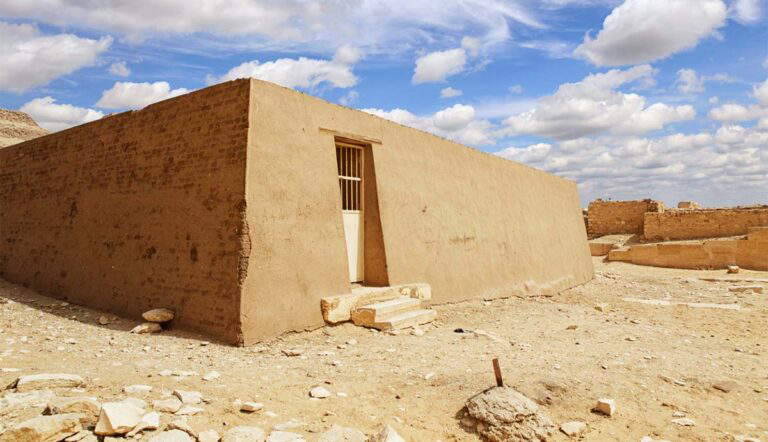
The Ancient Egyptian Mastabas Were the Forebearers of the Pyramids
The pyramids are the most famous ancient Egyptian tombs, but before they built these monuments to life after death, pharaohs were interred in mastabas.
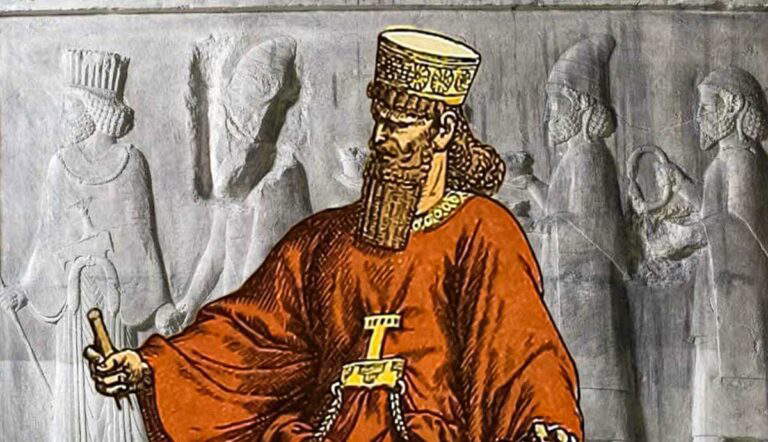
Medes, the Ancient People Who Took Down the Assyrian Empire
The enigmatic Medes were a Near Eastern people who helped destroy the Assyrian Empire and may have laid the foundations for the Achaemenid Persian Empire.
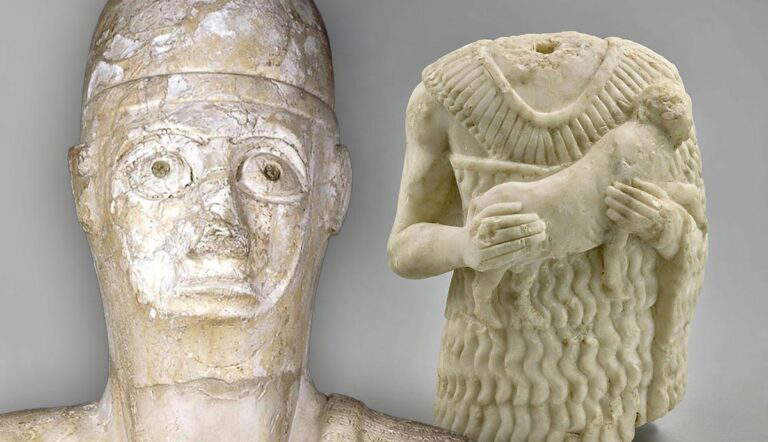
The Lost People Who Built Babylon and Vanished
The Amorites were an early Near Eastern people who may have been an ethnic group or a cultural movement. They were the founders of Babylon.
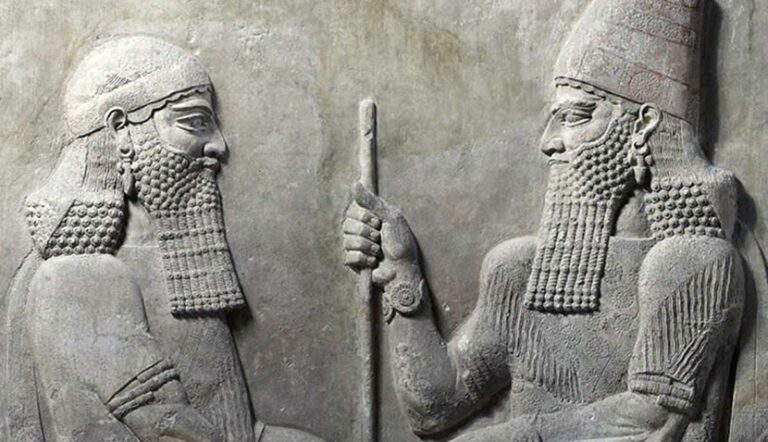
What Did Sargon of Akkad and Sargon of Assyria Have in Common?
Although they were unrelated, two of the greatest leaders of the ancient Near East were named Sargon. Both rulers were builders, warriors, and cultural influencers.

How the Hittites Used Fear & Strategy to Create a Bronze Age Empire
The Hittites built a successful empire in the ancient Near East. Their military success was based on their religion, technology, and military tactics.

The Legend of Plato’s Atlantis, Inside the Mythical City
For millennia, we have been fascinated by the myth of Atlantis. The rumor began with the Greek philosopher Plato. What did he really reveal about Atlantis?

The Rise & Fall of the Minoan Civilization (Bronze Age Greece)
Based on the island of Crete, before the ancient Greeks, the Minoans dominated the Aegean world for nearly 2,000 years during the Bronze Age.
